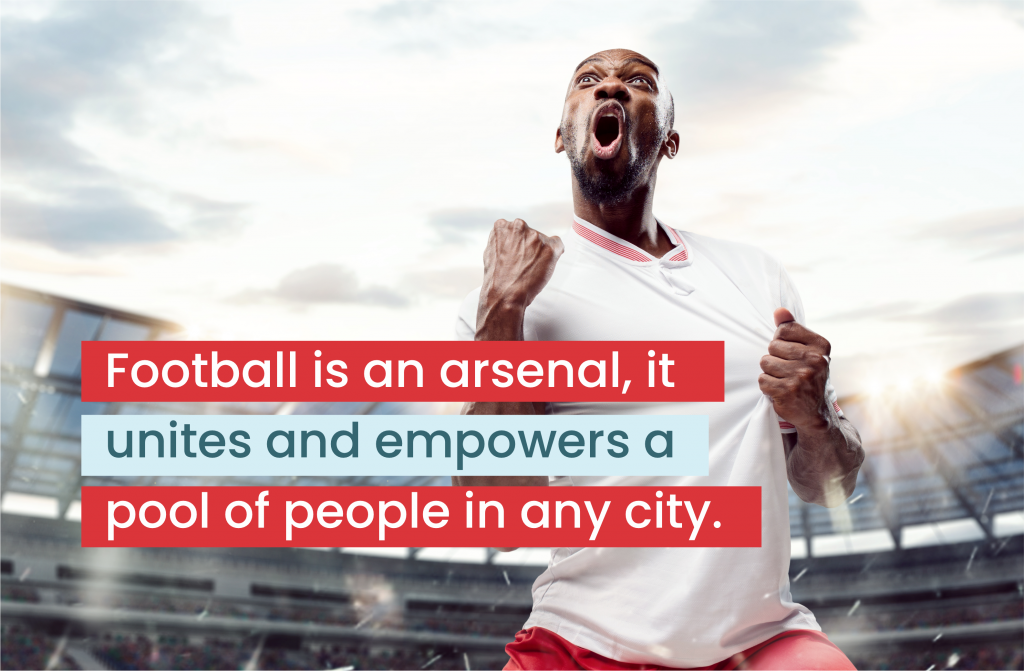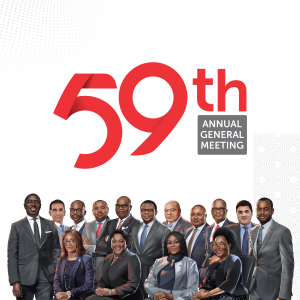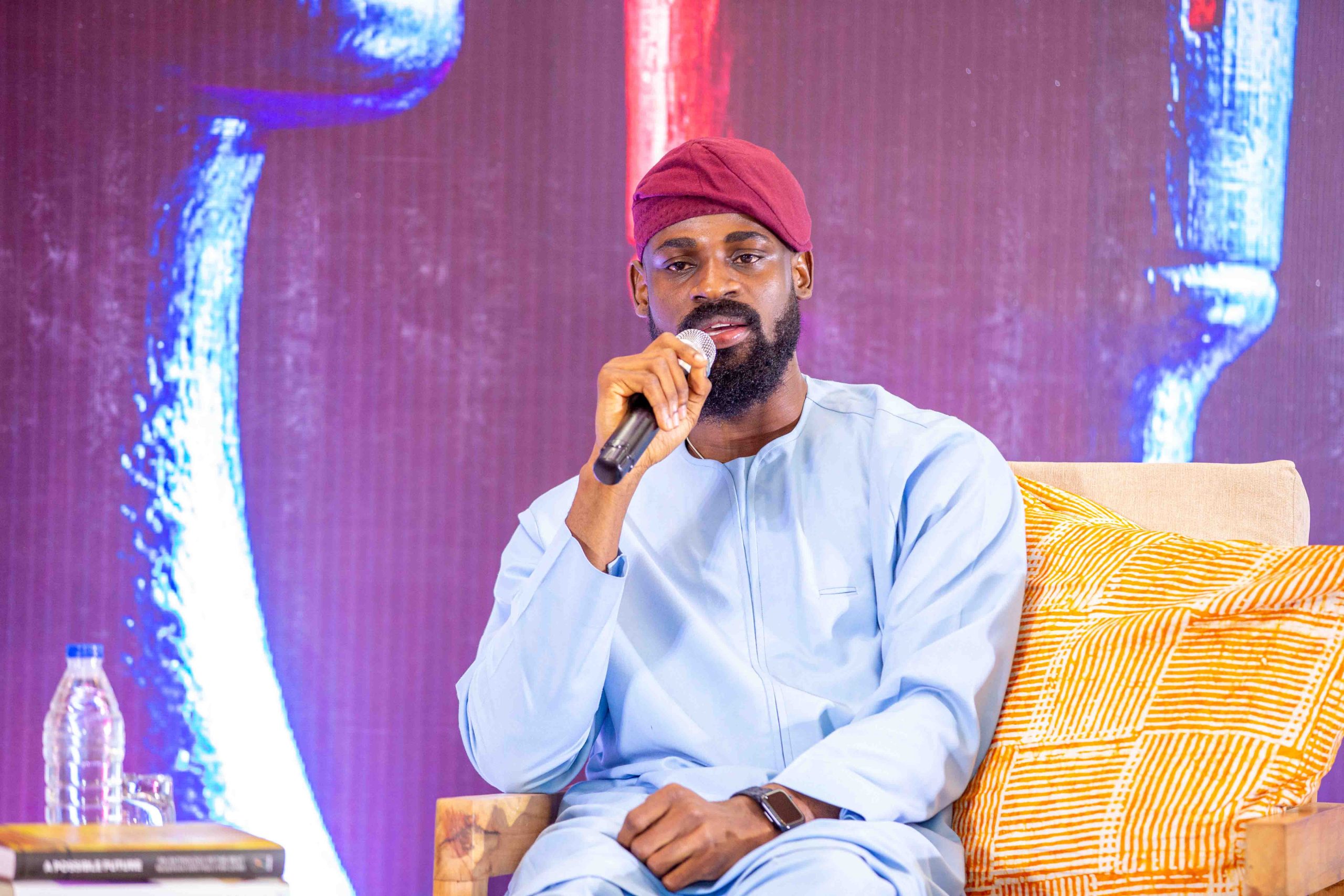For Nigeria’s world cup journey in 2018, Coca Cola, one of the 2018 sponsors brought together A-list Nigerian artistes including Olamide, Falz, Simi, Lil Kesh and Slim Case, among others to produce what became the anthem of Nigeria’s campaign at the World Cup, this trend among others showed how interwoven the sports world is with the culture and identity of a people. An 86th minute winner however, from Marcos Rojo of Argentina in the final match of the campaign left a sore taste in the mouth of millions of Nigerians, such a painful something.
It is obvious that football is an arsenal, it unites and empowers a pool of people in any city. It is controlled by an association with more members than the United Nations (211 to 193 countries) and a yearly revenue of 4.6billion dollars (money bags). Ultimately, FIFA oversees an industry with an estimated worth of over 28 billion dollars (as at 2015). Football is the most popular sport in Nigeria and Africa; steady club football arguments, Messi vs Ronaldo debates (although 10>7), fake jerseys (it’s not our fault) and viewing centers (best place to watch football) all form elements of a typical Nigerian weekend. But are we really getting the best out of soccer?
In 2017 for example, the football league alone in Spain, contributed over $4.6bn in tax revenue which accounted for 1.37% of the country’s GDP and is said to have directly created over 185,000 jobs. The Spanish league is one of the most popular leagues in the world; home of Real Madrid FC and Barcelona FC, two of the most successful clubs in world football history (208 trophies between them), home of tiki-taka and home to some of the most gifted footballers ever. The Spanish National men’s team is also considered as one of the most successful in the last decade. The La Roja have won ten trophies in the last ten years at all levels including One World cup and two European championship (P.S it’s like winning an Oscar and two Grammys). There has never, in the history of organized football, been such an era of complete dominance. Their success in recent years has been attributed to the vibrance of the Spanish league and an excellent grassroot program which the country embarked on in 1995 through the Spanish Football Association. The grassroot program involves getting the best 55 players among all the 14 and 15-year-olds in the country – five for each position in the Under 15 team (11 positions on the field) – the process is then duplicated for all age categories. The respective teams are then trained during the school breaks and are then integrated into the best football schools like the La Masia and Canteras from where they improve and are on their way to stardom. It is a deliberate system which has produced some of the most dazzling footballers (Xavi, Raul, Isco, Iniesta, David Villa, Sergio Ramos etc.) and has made the Spanish nation a toast to the rest of the world.
For Nigeria, let’s just thank God that we are alive … with almost no grass at our roots, young Nigerians are forced to travel outside Nigeria to achieve their footballing dream; that’s the Nigerian dream. The Nigerian football space is largely unstructured with little talent management and poor administration which makes it unattractive for both players, investors and its viewership. Talent development programs in the country are almost non-existent and are rarely promoted. It can be argued that Spain is a bigger nation with better financing and economic development but with the abundance of talents in the Nigerian space and unemployment crisis, what the people love the most could be harnessed to improve the economy and the state of its citizens.
The effect of football on Spain far exceeds its contribution to the GDP, research also shows that the health, security, transportation, and tourism also received major sectoral boost due to the growth of the football culture in the country. A separate report on Liverpool’s super star Mohammed Salah by Stanford University found that hate crimes and Islamophobic behavior have dropped significantly in Merseyside, England since the arrival of Egyptian football star Mohamed Salah at Liverpool in 2017, with the religion becoming more familiar with the identity of Salah. Any serious government must be able to harness sports to foster unity and youth development and this is an opportunity for the country to use football to steer growth in the right direction.
As Uncle Godwin has said we would be focusing on the creative industry and youths, we must therefore do more to invest in grassroot development and sport. While the government is at the forefront of development of talents in Spain for example, the football clubs which make up the La Liga Santander are run privately and given autonomy. This is not the case in Nigeria as the government is heavily involved in the management of football clubs; out of the 20 teams playing in the top tier, only two teams (MFM FC and Ifeanyi Ubah FC) are privately owned. If there is going to be a significant boost similar to the success recorded in Spain and other parts of Europe, government must create an enabling environment that can foster investment, security and create an ecosystem for development of local talents. Government must also enable public-private partnership and promote initiatives which can help nurture the abundant talents in the country.
Maybe then, our own Enyimba, Kano Pillars and Enugu Rangers can become the successful clubs that we all love and enjoy. Maybe we would have a huge demand for Shooting Stars jersey over that Chelsea jersey and have the Aper Aku of Lobi Stars stadium filled up like the Camp Nou on a Saturday evening. We have a culture of football, promoting it locally and developing our system will help us achieve success, this issa goal.
Read more on Serious Magazine.










